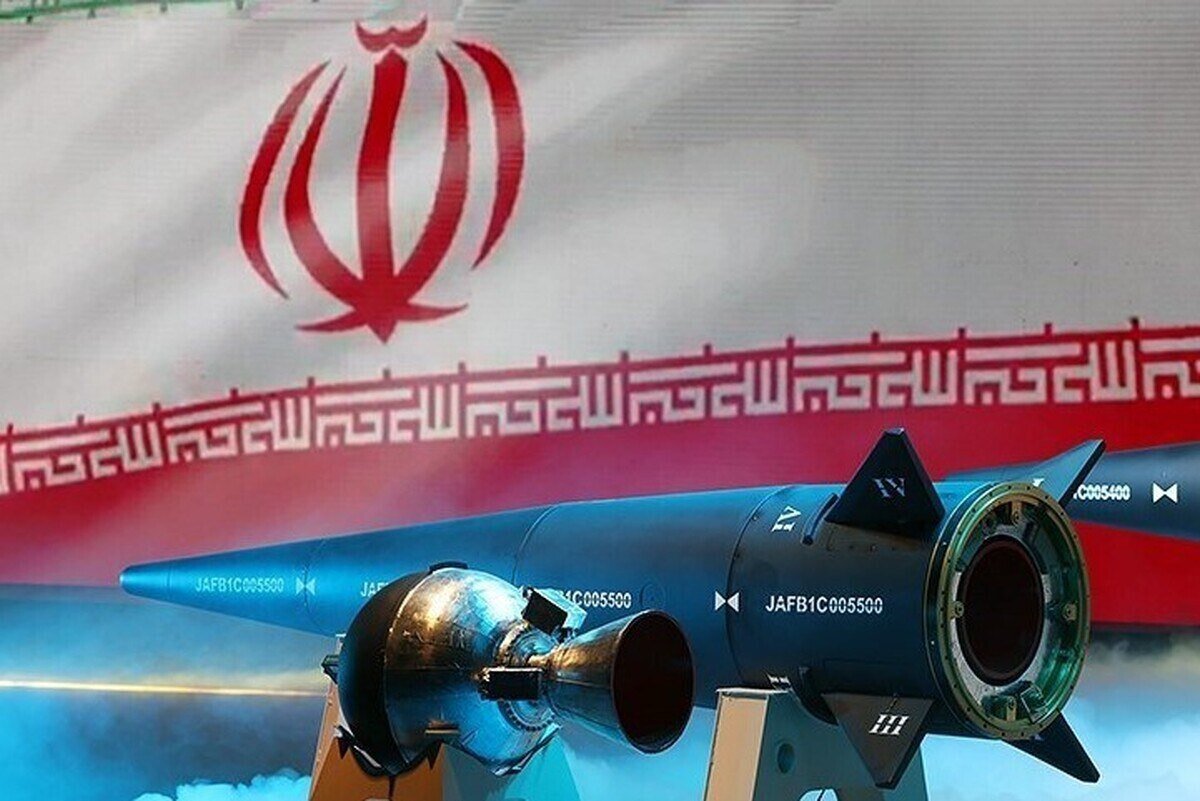Message is clear
Iran says ready to respond to any aggression

TEHRAN – In the aftermath of Iran’s missile strike on Israeli military and intelligence targets on October 1, Tehran has made its readiness for any potential Israeli retaliation unmistakably clear.
During a recent visit to Iraq, Iran’s Foreign Minister, Abbas Araqchi, emphasized that the country is fully prepared for any scenario that might arise as tensions escalate. This marks a significant shift in Iran’s strategic posture, signaling Tehran’s intention to both deter Israeli aggression and showcase its ability to respond decisively to any provocation.
The missile strike, named Operation True Promise II, was not an isolated action but part of a broader pattern of tit-for-tat military exchanges. Iran has consistently stated that its military operations are defensive measures in response to Israeli provocations, and this strike was no different. Operation True Promise II was a justified, retaliatory move meant to counter Israeli actions in the region including the July assassination of Hamas political bureau chief Ismail Haniyeh and the killing of Hezbollah Secretary General Seyyed Hassan Nasrallah and IRGC general Abbas Nilforooshan in Beirut in September in a massive bombardment.
The operation was a significant success for Iran. The missiles bypassed Israel's defense systems, causing considerable damage to Israeli air bases and radar installations. In response, Israel is now reportedly seeking to strengthen its missile defense capabilities by turning to the U.S. for additional support. According to media reports, the U.S. is considering deploying the THAAD missile defense system in the occupied territories to bolster Israel’s air defenses.
The Israeli regime’s reliance on U.S. assistance suggests that its air defense network has been severely compromised, and there are concerns that this reinforcement may not be enough. The THAAD system is designed to intercept short, medium, and intermediate-range ballistic missiles during their terminal phase. However, the system is not equipped to counter the growing threat of hypersonic ballistic missiles, which Iran reportedly possesses in its arsenal.
Previously, Israeli air defenses relied on three systems: Arrow for long-range, David's Sling for medium-range, and Iron Dome for short-range, all of which failed to intercept many Iranian missiles during the recent attack.
Following the success of this strike, Iran has openly announced its preparedness for multiple strategic responses to any potential Israeli action. Sources within the Iranian military have disclosed that the country has developed at least ten different scenarios for Israeli counterattacks, ranging from limited airstrikes and cyberattacks to more comprehensive military engagements. This level of preparation underscores Tehran’s confidence in its military capabilities and its determination to confront any Israeli action with calculated precision.
Amid rising tensions, there is renewed attention on Iran’s nuclear program. While Tehran has repeatedly denied intentions to develop nuclear weapons, recent events have intensified speculation that Iran may accelerate its nuclear activities as part of a stronger deterrence strategy. This shift is underscored by a group of 39 Iranian lawmakers who have recently called for the development of nuclear weapons. Despite a long-standing religious decree by Leader of the Islamic Revolution Ayatollah Ali Khamenei prohibiting nuclear weapons, regional hostilities have sparked public debates on whether this policy should be reconsidered.
As Iran and Israel continue to engage in a high-stakes conflict, the potential for further escalation is considerable. Iran’s missile strike on October 1 and its subsequent warnings to Israel and its allies highlight Tehran’s strategic readiness for any outcome. The fact that Iran has prepared multiple contingency plans shows its determination to confront any threat head-on.
How Israel responds to Iran’s moves will shape the trajectory of this conflict and could have long-term implications for the security architecture of West Asia. For now, Iran’s message is clear: it is prepared for any scenario and it is ready to defend its interests against any aggression, no matter the cost.
Leave a Comment